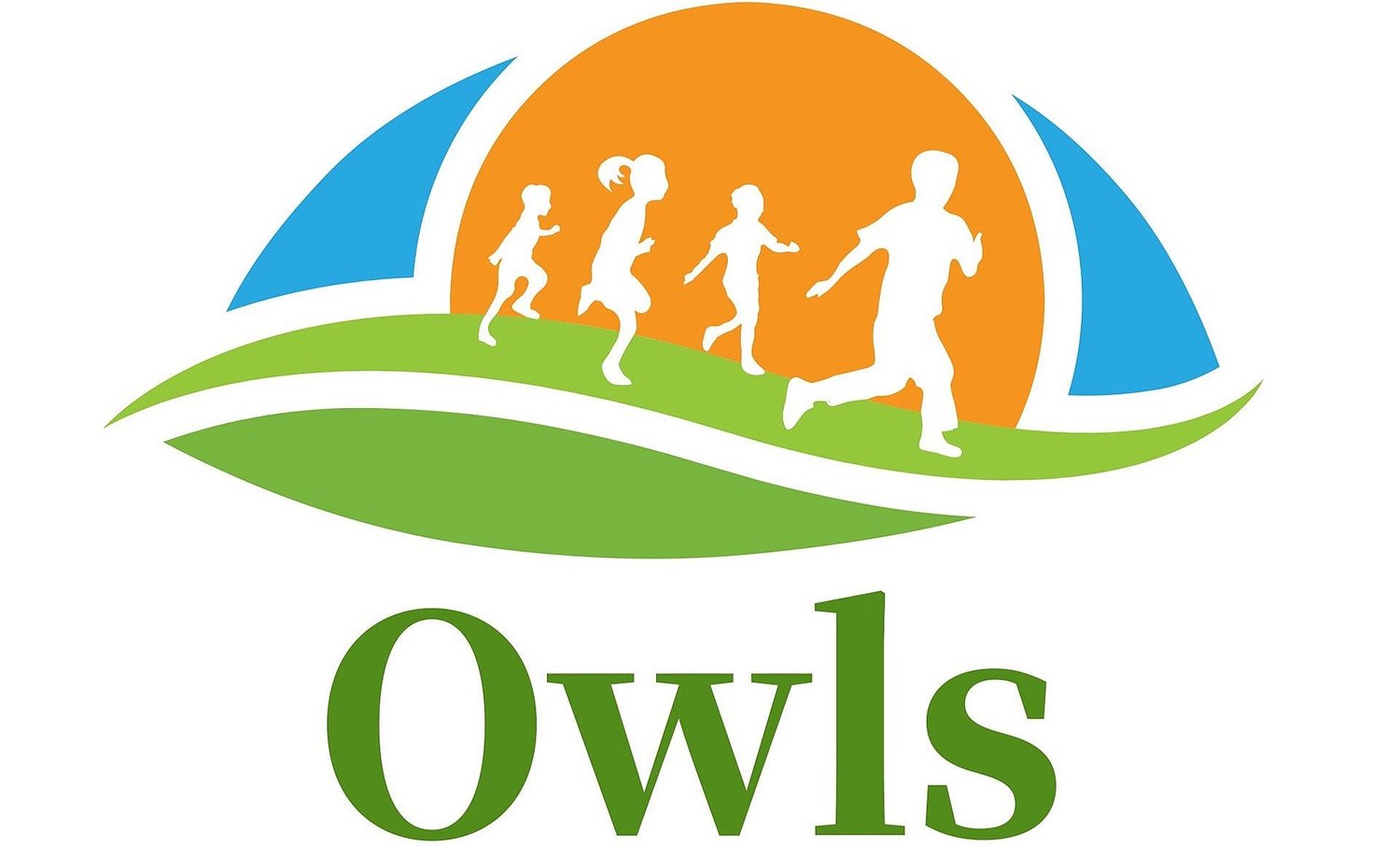Special Educational Needs and Disability Policy
OWLS is committed to making the setting inclusive and accessible to all children and to make sure that children are able to reach their full potential. All children have the right to access the OWLS and all staff have a duty to meet the needs of all children attending their setting.
We have regard for the Special Educational Needs and Disability Code of Practice:0-25 years (statutory guidance for organisations who work with and support children and young people with special educational needs and disabilities), DfE 2014, on the early identification and assessment of children who have special educational needs and/or a disability.
Definition of children with Special Educational Needs (SEN):
(Extracts from the SEND Code of Practice 2014; page 4)
Xii, A child or young person has SEN if they have a learning difficulty or disability which calls for special educational provision to be made for him or her.
xiv. A child of compulsory school age or a young person has a learning difficulty or disability if he or she:
· Has a significantly greater difficulty in learning than the majority of others of the same age, or
· Has a disability which prevents or hinders him or her from making use of facilities of a kind generally provided for others of the same age in mainstream schools or mainstream post-16 institutions.
xv. For children aged 2 years or more, special educational provision is educational or training provision that is additional to or different from that made generally for other children or young people of the same age by mainstream schools, maintained nursery schools, mainstream post 16 institutions or by relevant early years providers. For a child under 2 years of age, special educational provision means educational provision of any kind.
xvi. A child under compulsory school age has special educational needs if he or she is likely to fall within the definition in paragraph xiv above when they reach compulsory school age or would do so if special educational provision was not made for them (Section 20 Children and Families Act 2014).
Disabled Children and Young People
xvii. Many children and young people who have SEN may have a disability under the Equality Act 2010 – that is’..a physical or mental impairment which has a long term and substantial adverse effect
on their ability to carry out normal day to day activities’. This definition provides a relatively low threshold and includes more children than many realise: ‘long term’ is defined as ‘a year or more’ and ‘substantial’ is defined as ‘more than minor or trivial’. This definition includes sensory impairment such as those affecting sight or hearing, and long term health conditions such as asthma, diabetes, epilepsy and cancer. Children and young people with such conditions do not necessarily have SEN but there is a significant overlap between disabled children and young people and those with SEN. Where a disabled child or young person requires special educational provision they will also be covered by the SEN definition.
We aim to foster an environment where all children are:
· Seen as children first
· Listened to and the voice of the child is valued
· Fully accepted and involved in all activities
· Encouraged and enabled to be as independent as possible
· Respected when care is of a personal nature
In order to meet the needs of all children, including those with special educational needs and/or a disability, we consider the following issues:
· Voice of the child
· Working in partnership with parents/carers and professionals
· Access
· Quality learning opportunities (planned and differentiated)
· Staffing levels – making sure these are adequate to meet a child’s needs
· Training of staff
· Resources and equipment
· Challenging stereotypes and promoting positive attitudes amongst all children and staff
· Individual programmes, monitoring of progress and record keeping
OWLS will endeavour to ensure that all children are treated with equal care and respect. All children will be encouraged to take part in a range of opportunities and experiences. We will assess the specific needs of every child and take the relevant steps to adapt our facilities and resources to meet the needs of everyone.
Where a member of staff has concerns about the development of a child in one or more areas, this will be discussed with the child’s parent/carers in partnership with the SENCo in order to decide on the best way to meet the child’s current needs. If appropriate, an individual support plan may be set up for the child, which will be reviewed on a regular basis.
We will ensure that
· Reasonable adjustments have been made to the indoor and outdoor environments to promote access for all
· Staff arrangements meet the needs of individual children
· Policies are available to parents and are consistent with current legislation
· Children with special educational needs and disabilities have equality of access to facilities, activities and opportunities
· Regular liaison is maintained with parents/carers and other professionals
Review date: September 2026
